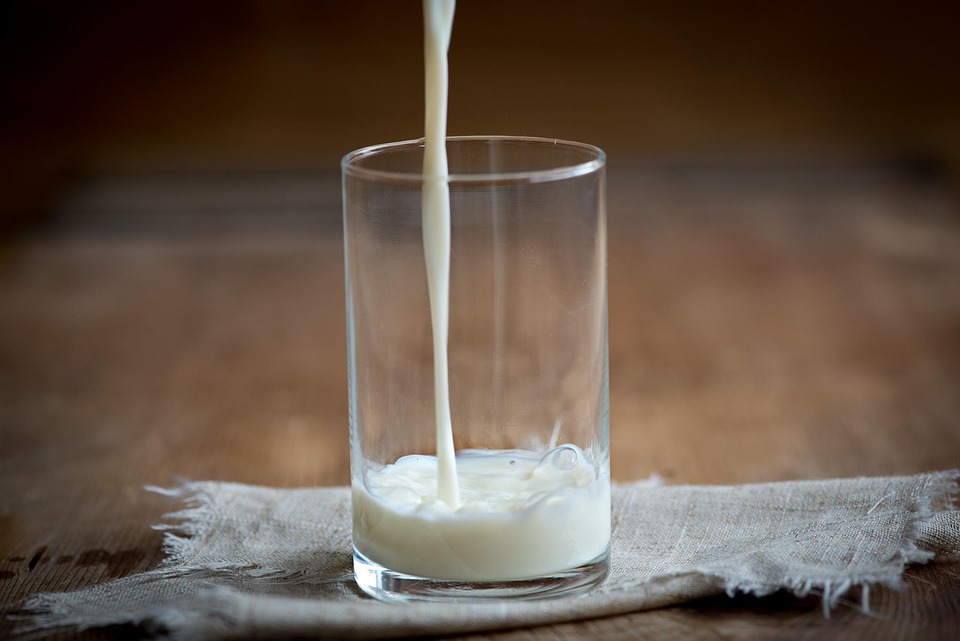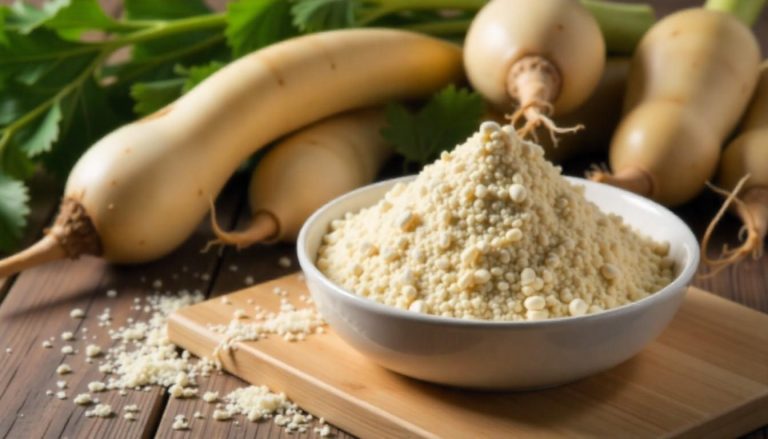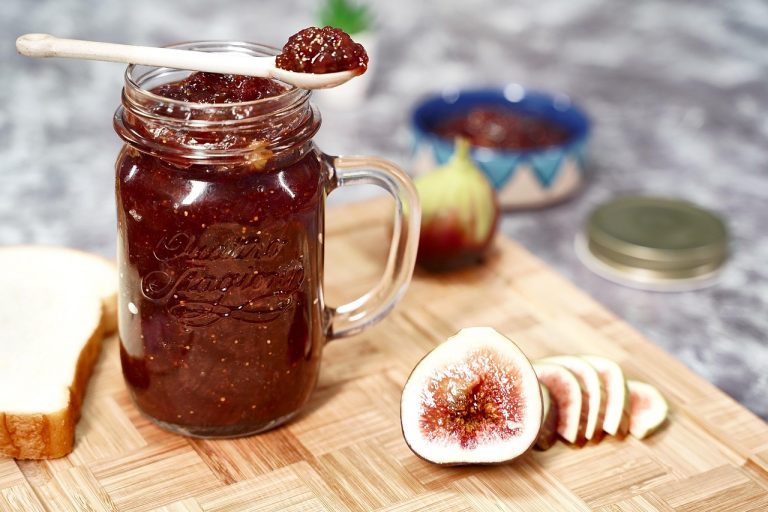Did you know that what you eat can directly influence your hormone levels? It’s true! A surprising number of everyday foods can play a significant role in boosting testosterone, and dairy products often get overlooked in this conversation. So, let’s dive into five dairy picks that can help naturally elevate your testosterone levels, backed by science and some personal insights.
Contents
1. Greek Yogurt: The Protein Powerhouse
Why It Works
Greek yogurt isn’t just a delicious snack; it’s packed with protein and healthy fats, both of which are essential for hormone production. Protein supports muscle mass, and studies have shown that increased muscle mass can lead to higher testosterone levels. Additionally, the probiotics in Greek yogurt may improve gut health, which is increasingly linked to hormone regulation.
The Science
A study published in the Journal of Clinical Endocrinology & Metabolism found that adequate protein intake is crucial for maintaining healthy testosterone levels (Bhasin et al., 2018). So, if you’re looking to up your protein game, Greek yogurt is a tasty and effective way to do it.
Pros and Cons
- Pros: High in protein, probiotics for gut health, versatile in meals.
- Cons: Some brands are high in added sugars, so it’s best to choose plain varieties.
Personal Insight
I’ve noticed that adding Greek yogurt to my morning smoothies not only boosts my protein intake but also keeps me feeling full longer. Plus, it’s super easy to mix in fruits or nuts for added flavor and nutrients.
2. Cheese: The Calcium Connection
Why It Works
Cheese, especially varieties like cheddar and gouda, is rich in calcium and vitamin D. Both nutrients are essential for testosterone production. Calcium helps in muscle contraction, and studies have shown that adequate calcium intake is associated with higher testosterone levels.
The Science
Research indicates that vitamin D is a key player in testosterone production. A study in the Hormone and Metabolic Research journal reported that men with sufficient vitamin D levels had significantly higher testosterone levels compared to those who were deficient (Pilz et al., 2011).
Pros and Cons
- Pros: High in calcium and vitamin D, delicious, and satisfying.
- Cons: High in saturated fats and calories, so moderation is key.
Personal Insight
I love snacking on cheese with whole grain crackers. It’s a quick and satisfying way to get a dose of calcium while enjoying something tasty. Just be mindful of portion sizes!
3. Milk: The Classic Choice
Why It Works
Milk, whether whole or low-fat, is an excellent source of protein, calcium, and vitamin D. Whole milk, in particular, contains healthy fats that can aid in the production of testosterone. The balance of nutrients in milk makes it a solid choice for those looking to boost their testosterone levels.
The Science
A study published in the American Journal of Clinical Nutrition found that consuming whole milk was linked to higher testosterone levels compared to lower-fat versions (Veldhuis et al., 2016). This suggests that the fat content in whole milk might play a critical role in hormone production.
Pros and Cons
- Pros: Rich in nutrients, versatile in recipes, and satisfying.
- Cons: Lactose intolerance can be an issue for some, and whole milk is higher in calories.
Personal Insight
I’ve always enjoyed a glass of cold milk after a workout. It’s refreshing and helps with recovery, plus it’s a simple way to increase my protein intake.
4. Kefir: The Fermented Favorite
Why It Works
Kefir, a fermented milk drink, is a powerhouse of probiotics, protein, and healthy fats. The fermentation process not only enhances the nutritional profile but also makes it easier to digest. The probiotics in kefir may support gut health, which is vital for hormone balance.
The Science
Research has shown that gut health is crucial for hormone regulation, including testosterone levels. A study in the European Journal of Endocrinology highlighted the gut’s role in hormone metabolism and regulation (Cani et al., 2012).
Pros and Cons
- Pros: High in probiotics, easy to digest, and versatile in recipes.
- Cons: Some may find the taste off-putting, and it can be more expensive than regular milk.
Personal Insight
I love using kefir in smoothies or even as a base for salad dressings. It adds a tangy flavor and boosts the nutritional content of my meals.
5. Cottage Cheese: The Low-Calorie Wonder
Why It Works
Cottage cheese is another dairy product that’s high in protein and low in fat. It contains casein protein, which is slowly absorbed by the body. This slow release can help maintain steady hormone levels, making it a great choice for those looking to support testosterone production.
The Science
A study published in the Journal of Nutrition found that casein protein can help increase muscle mass and strength, both of which are associated with higher testosterone levels (Phillips & Van Loon, 2011).
Pros and Cons
- Pros: Low in calories, high in protein, and versatile.
- Cons: Some people dislike the texture, and it can be high in sodium.
Personal Insight
Cottage cheese is a staple in my fridge. I often mix it with fruits or nuts for a quick snack, and it’s a fantastic way to get in a good amount of protein without too many calories.
FAQs
1. Can dairy really boost testosterone levels?
Yes, certain dairy products, especially those high in protein and healthy fats, can support testosterone production.
2. How much dairy should I consume for the best results?
Moderation is key. Incorporating a few servings of these dairy picks into your daily diet can be beneficial.
3. Are there any downsides to consuming dairy?
Some people may be lactose intolerant or sensitive to dairy. It’s important to listen to your body and choose dairy products that work for you.
4. Can I get testosterone-boosting benefits from dairy alternatives?
While dairy alternatives like almond or soy milk can be healthy, they often lack the same levels of protein and nutrients found in dairy. It’s best to check the nutrition labels.
Conclusion
Incorporating these five dairy picks into your diet can be a delicious and effective way to support your testosterone levels naturally. Whether you’re enjoying Greek yogurt in the morning or snacking on cheese in the afternoon, these options are not only nutritious but also versatile.
Remember, while dairy can play a role in hormone health, it’s just one piece of the puzzle. A balanced diet, regular exercise, and a healthy lifestyle are essential for maintaining optimal testosterone levels. So, why not give these dairy picks a try? Your taste buds (and hormones) might just thank you!
Disclaimer: This article is for educational purposes only and is not a substitute for professional medical advice. Always consult a qualified healthcare provider before making changes to your health routine.
References
-
Bhasin, S., et al. (2018). Testosterone therapy in men with hypogonadism: an Endocrine Society clinical practice guideline. Journal of Clinical Endocrinology & Metabolism. https://doi.org/10.1210/jc.2018-02231
-
Pilz, S., et al. (2011). Vitamin D and testosterone levels in men. Hormone and Metabolic Research. https://doi.org/10.1055/s-0031-1282411
-
Veldhuis, J. D., et al. (2016). Whole milk consumption is associated with higher testosterone levels in men. American Journal of Clinical Nutrition. https://doi.org/10.3945/ajcn.116.143174
-
Cani, P. D., et al. (2012). Changes in gut microbiota control metabolic endotoxemia-induced inflammation in high-fat diet-induced obesity and diabetes in mice. European Journal of Endocrinology. https://doi.org/10.1530/EJE-11-0858
-
Phillips, S. M., & Van Loon, L. J. (2011). Dietary protein for athletes: From requirements to metabolic advantage. Journal of Nutrition. https://doi.org/10.3945/jn.110.131966
Get Your FREE Natural Health Guide!
Subscribe now and receive our exclusive ebook packed with natural health tips, practical wellness advice, and easy lifestyle changes, delivered straight to your inbox.






